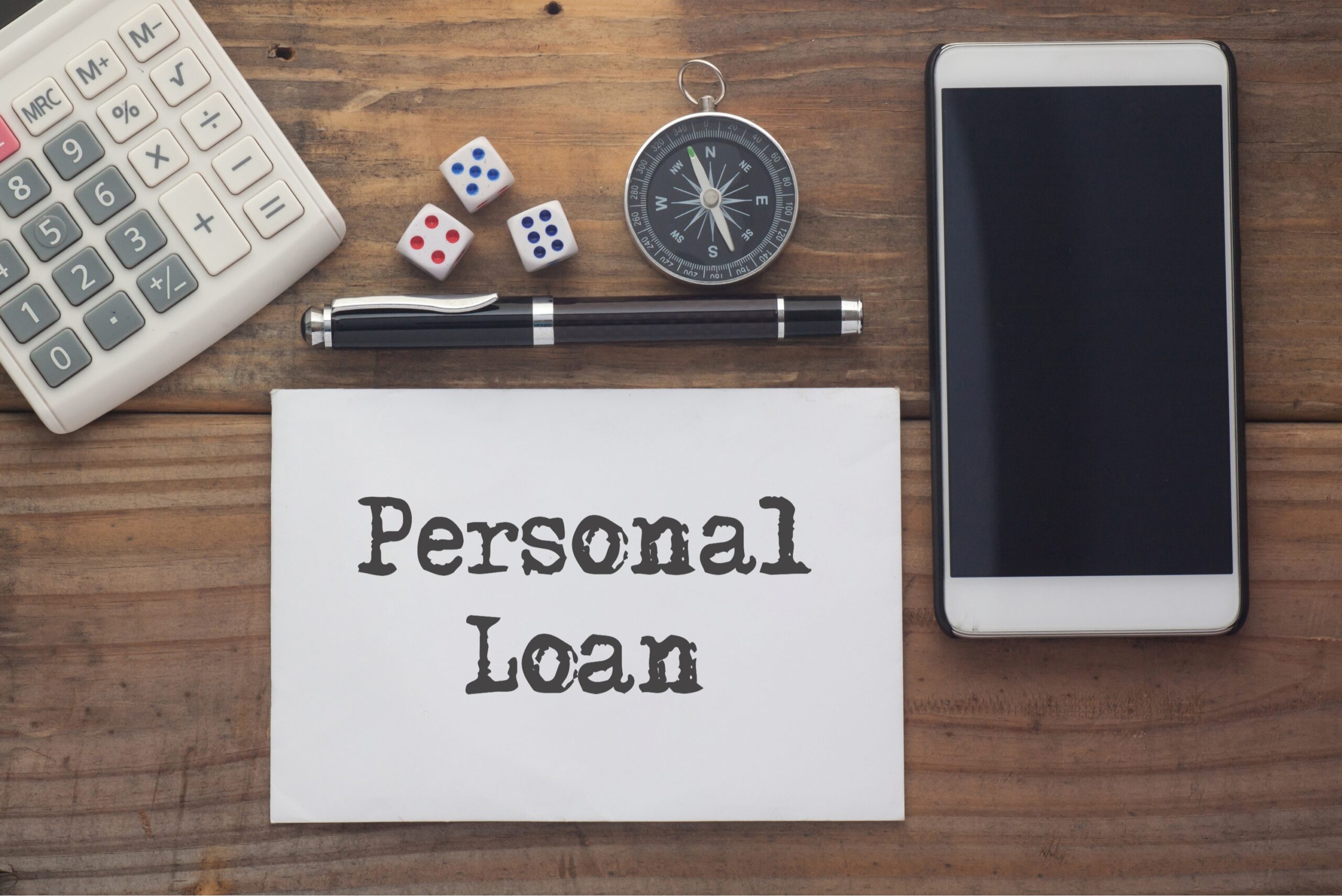According to the experts, there was a dramatic increase of $30 billion between July 2019 to August 2019 in personal loan amounts. Notably, this also happens to be the time when Pandemic was at its peak and most of the global economies were at a halt.
On the other hand, another report suggests that most of the borrowers only sought small money loans. And there’s a reason for it- small money loans are easier to get by.
It is noteworthy that many lenders often offer a no-credit-check personal loan. However, to avail any kind of credit there are certain eligibility criteria put in place.
In this article, you will find more about these eligibility terms and conditions. So, keep reading.
How does a Lender confirm Eligibility?
When you apply for a personal loan, regardless of the amount or the institution, there are certain outlines eligibility checks in place. The lenders need to know if you can repay the loan without fail.
The foremost and the most important checks of all is your credit score. According to the experts at Plenti, a credit score is a three-digit number that indicates the legitimacy of a borrower.
Ideally, a score above 600 is considered to be very good, between 400 to 600 as fairly good, and below 300 is where you wouldn’t want to be.
Also, it is noteworthy that a good credit score means easier loan availability and that too at a lower interest rate. But, at the same time, the credit score alone cannot get you a loan.
Personal loan lenders also scrutinize through your credit history. In other words, a lender would go through your financial history, dig out what loans have you taken out in the past.
The lenders are also interested in knowing how you repaid and if there were any penalties that you had to pay.
All these data can further help lenders ascertain that you are a reliable borrower and you’ll repay the loans without failing.
Some lenders also like to know about your personal savings and assets. If you have a low credit score, it is very likely that a lender would be interested in knowing about your assets. This is because, based on the value of your assets, your loan application may be approved.
In return, you might need to place your assets as collateral with the lender. After all, the lenders need security to ensure that their money is repaid.
The amount of your personal loan that is approved also depends on your income to a large extent. However, your monthly income is only needed to decide the amount of loan that you are eligible for.
To put it simply, the higher your income the more likely you are to receive a higher amount of loan.
Last but not least, is your existing debts that also play an important part in your loan eligibility.
To understand how your outstanding debts help decide your eligibility let us take an example. Let’s say you owe a home loan for about $100,000, on top of a car loan for about $50,000. If you have been making regular repayments, then your credit score and history will reflect a good score.
If you’re applying for another loan of $10,000 then you need to produce enough proof that you can bear another instalment cost. On top of it, you’ll also need to state your monthly expenses including food, utility bills, grocery bills, and any other maintenance costs.
With all these checks in place, understanding how exactly a lending institute approves or declines your application is rather easy to understand. However, it is noteworthy that even if you have everything good and glittery on your scorecard, your application might still be rejected.
What are the other terms applicable?
Despite having a good credit score, zero outstanding debts, and sufficient savings and assets, your personal loan application also has to pass a few other conditions.
One of the most important of all is your citizenship status. If you are not a citizen of the country you’re applying for a personal loan in, then your chances are meek for receiving an approval.
Likewise, if you have no regular income source, or you are daily wager, the chances that your loan application would be rejected.
Applying for a personal loan could seem like the perfect answer to all your financial woes, but at the same time, ineligibility could further worsen the situation for you. Therefore, it is rather important to take care of your eligibility factors and apply only when you need money direly.



Leave a Reply